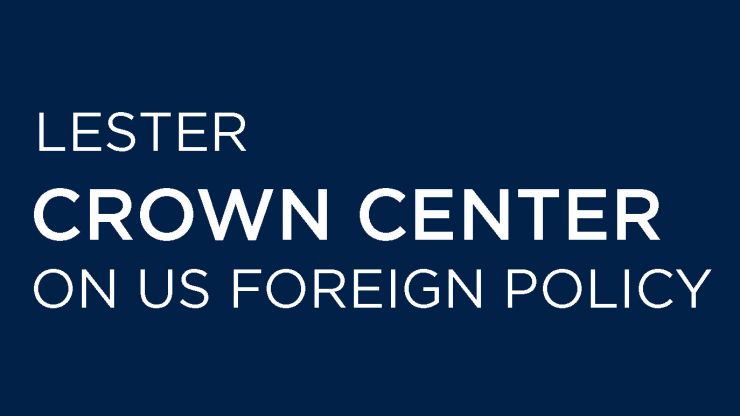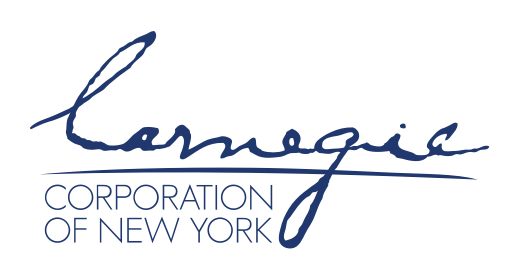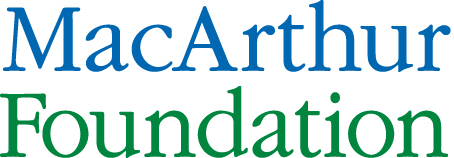Although the US public supports maintaining or increasing US sanctions against Russia, the Russian public does not think the sanctions are a critical threat to their country.
Key Findings
This is the second of three reports based on coordinated surveys conducted by the Chicago Council on Global Affairs and the Levada Center in Moscow on US-Russian public opinion about foreign policy issues, generously funded by the Carnegie Corporation.
Last August President Donald Trump reluctantly signed a new sanctions bill against Russia in response to Russian interference in the 2016 US elections, its annexation of Crimea, and its lethal aid to the Assad regime. These new sanctions build on Obama-era sanctions imposed in 2014 when Russia first intervened in Crimea and Ukraine.
While the new sanctions have yet to be implemented (the next deadline is January 29th),[1] the US public supports maintaining or increasing US sanctions against Russia and believes that Moscow tried to influence the 2016 US elections. At the same time, the Russian public seems relatively unconcerned about the sanctions placed on their country. While the sanctions were initially designed to change Russian behavior in the region, everyday Russians oppose making concessions toward lifting the sanctions, such as reversing the annexation of Crimea and withdrawing support for rebel forces in eastern Ukraine.
Methodology
The analysis in this report is based on data from the joint 2017 Chicago Council-Levada Analytical Center survey on Russian and American Attitudes conducted in December 2017. The 2017 Chicago Council Survey of the American public on foreign policy, conducted in the summer of 2017, is also cited. The Chicago Council Survey on issues related to Russia was conducted by GfK Custom Research using their national online omnibus service, KnowledgePanel™, between December 1-3, 2017 among a weighted national sample of approximately 1,000 American adults, 18 years of age or older, living in all 50 US states and the District of Columbia. The margin of error is ±3 percentage points.
The Levada Center survey was conducted between December 1-5, 2017, by the Levada Center (Levada Analytical Center) with face-to-face interviews conducted among a representative sample of 1,605 Russians aged 18 years and older, living in eight federal districts of the Russian Federation (including Crimea). Inside each district the sample is distributed among five strata of settlements proportionally to the number of population living in them in age of 18+ years. The margin of error is ±3.4 percentage points.











